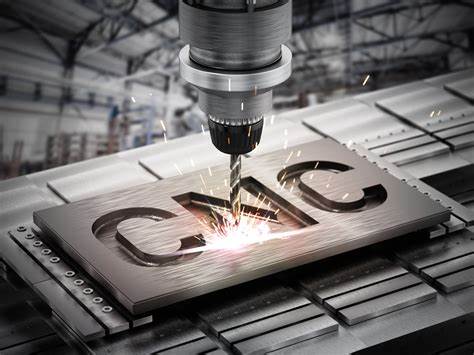Tags : Midwifery Airbags Medical Grade Silicone Midwifery Airbags Silicone Midwifery Airbags Medical Grade Silicone Ballon Manufacture Injection Molding Liquid Silicone Midwifery Airbags Factory Silicone Midwifery Airbags
View MoreTags : Medical Silicone Products Smooth Medical Silicone Ball Medical Grade Liquid Silicone Ball High Transparent Silicone Ball Medical Silicone Ball High Transparent Silicone Ball For Medical
View MoreTags : LSR Umbrella Valve Injection Molding Silicone Umbrella Valve Silicone Umbrella Valve Injection Molding Transparent Silicone Umbrella Valve Liquid Silicone Umbrella Valve Transparent Silicone Umbrella Valve Factory
View MoreTags : FDA Silicone Sealing Valve Ultra Clear Draft Beer Valve Silicone Sealing Valve Ultra Clear Wine Filling Valve LFGB Silicone Sealing Valve
View MoreTags : FDA Silicone Duckbill Valve for Sanitizer Bottle Custom Liquid Silicone Duckbill Valve Food Grade Silicone Duckbill Valve for Sanitizer Bottle Liquid Silicone Duckbill Valve Silicone Duckbill Valve for Sanitizer Bottle Custom Liquid Silicone Duckbill Valve Manufacture
View MoreTags : Food Grade Silicone Check Valve Overmolding Food Grade Overmolding Silicone Check Valve Silicone Overmolding Leak-proof Overmolding Silicone Check Valve Food Grade Overmolding Silicone Check Valve Food Grade Silicone Check Valve Overmolding Manufacture
View MoreTags : Overmolding Silicone Plastic Holders Overmolding Plastic Liquid Silicone Holders Silicone Overmolding Plastic Holders Injection Molding Silicone Holder Overmolding Plastic Silicone Holders Food Grade Silicone Holder
View MoreTags : Medical Silicone Wash Brush Overmolding Medical Silicone Wash Brush Silicone Wash Brush Injection Molding Silicone Wash Brush Overmolded Silicone Wash Brush Silicone Wash Brush Manufacture
View MoreTags : Silicone Cleaning Brush Face Mini Portable Silicone Brush Silicone Cleaning Brush Mini Portable Silicone Face Brush Face Silicone Cleaning Brush Mini Portable Silicone Face Brush Manufacture
View MoreTags : Injection Molding Silicone Toothbrush Food Grade Overmolded Silicone Toothbrush Silicone Toothbrush Food Grade U-shaped Silicone Toothbrush Overmolded Silicone Toothbrush Portable Silicone Toothbrush
View MoreTags : Injection Molding Silicone VR Covers Original PSVR Silicone VR Cover Supplier Silicone VR Covers Original PSVR Silicone VR Cover Silicone VR Covers Factory
View MoreTags : Smart Watch Silicone Band Injection Molding Silicone Band For Watch Silicone Watch Strap Fitness Silicone Band Manufacture Fitness Silicone Watchband Wearable Watch
View More
 September 18, 2020
September 18, 2020 February 08, 2023
February 08, 2023 February 22, 2017
February 22, 2017 Room 404,No.189,LianYue Road, Siming District,Xiamen, China 361006
Room 404,No.189,LianYue Road, Siming District,Xiamen, China 361006 +86-592-5539868
+86-592-5539868 [email protected]
[email protected]




